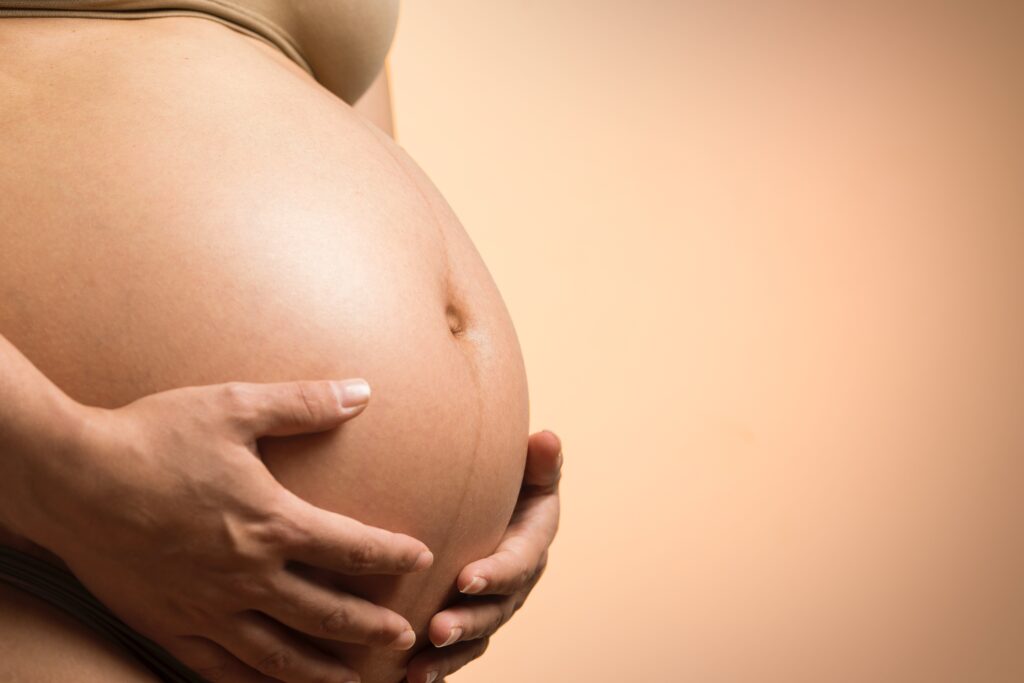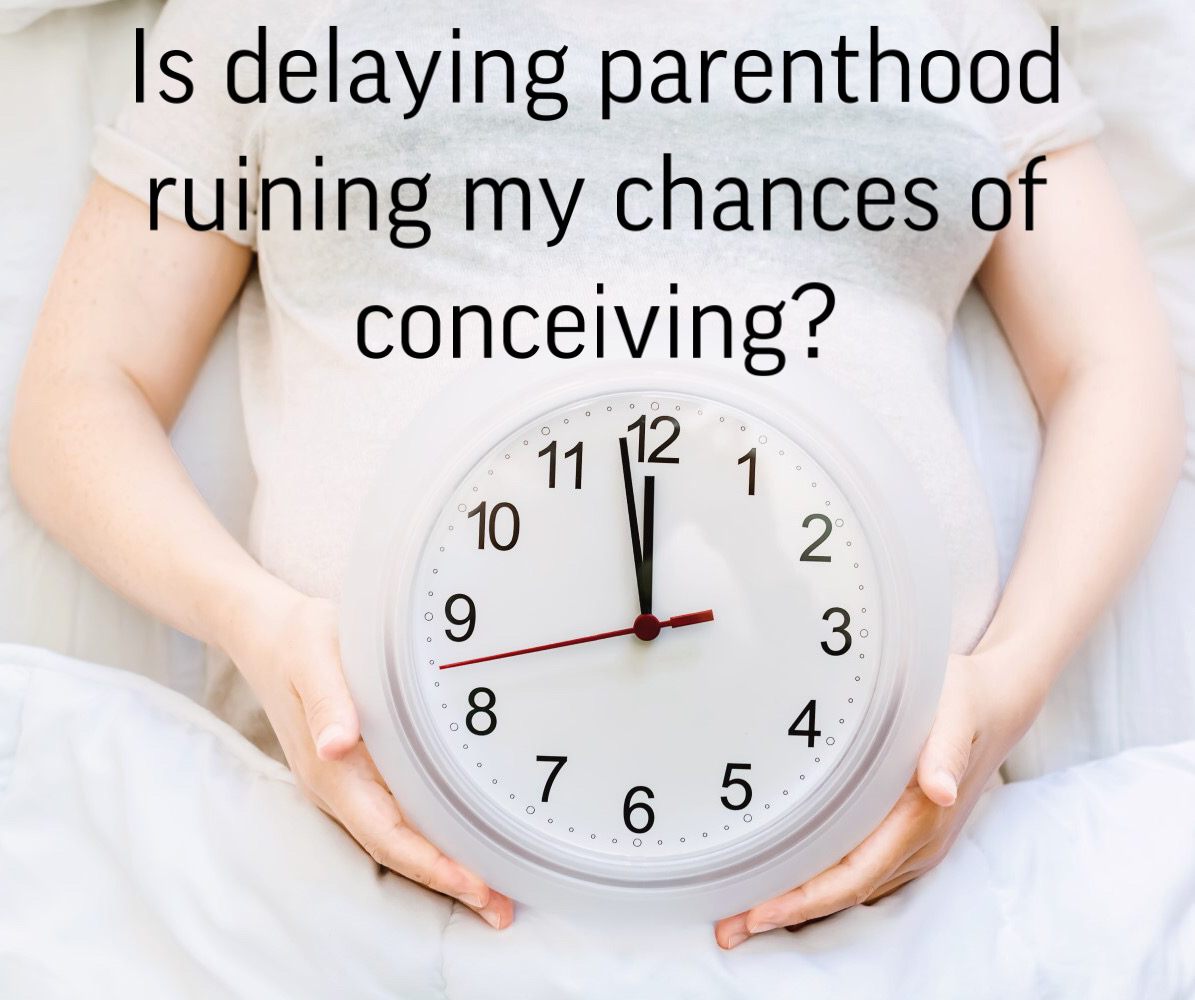Starting Your Family
The decision to start a family is a deeply personal one. It is influenced by a variety of factors such as career aspirations, financial stability, and emotional readiness. In recent years, there has been a growing trend of couples choosing to delay parenthood. Opting instead to focus on their professional goals and personal growth. While this may seem reasonable, it is important to understand the potential impact of postponing pregnancy on fertility. We will explore the biological, psychological, and societal implications of delaying parenthood, and provide insights into the options available for those who wish to conceive later in life.
The Biological Clock: Understanding Fertility Timelines
As women age, their fertility naturally declines. This is due to a decrease in the number and quality of eggs in their ovaries. This decline is often referred to as the biological clock, as it signifies the narrowing window of opportunity for conception. While men do not experience the same sharp decline in fertility with age, they too may face challenges in fathering a child as they get older. Understanding these fertility timelines is crucial when considering the potential consequences of delaying parenthood.

The impact of age on fertility is not solely limited to the quantity and quality of eggs or sperm. Other factors, such as hormonal changes, uterine health, and overall reproductive health, also play a significant role in determining fertility levels. For women, age-related changes in the uterus and cervix can affect the ability to conceive and carry a pregnancy to full term. Similarly, men may experience decreases in testosterone levels and sperm quality as they age, which can impact fertility outcomes.
Furthermore, lifestyle factors such as diet, exercise, smoking, and alcohol consumption can also influence fertility in both men and women. Maintaining a healthy lifestyle, including a balanced diet and regular exercise, can positively impact reproductive health. This also potentially mitigates some age-related fertility challenges. Understanding the complex interplay of biological, environmental, and lifestyle factors is essential for individuals and couples as they navigate decisions regarding family planning and fertility treatments.
The Impact of Age on Egg Quality and Quantity
One of the key factors affecting female fertility is the quality and quantity of eggs available for fertilization. Women are born with a finite number of eggs, and as they age, the pool diminishes. Additionally, the remaining eggs may be of lower quality, making conception more difficult. This decline in both quantity and quality increases the likelihood of infertility, miscarriage, and chromosomal abnormalities in offspring as women get older.
As women age, the hormonal environment in their bodies also changes, further impacting egg quality and quantity. The levels of hormones such as estrogen and progesterone fluctuate throughout a woman’s reproductive years. This influences the maturation and release of eggs. These hormonal shifts can affect the overall health of the eggs, potentially leading to issues with fertilization and embryo development.
Lifestyle factors such as diet, exercise, and stress can play a significant role in the quality of a woman’s eggs. A balanced diet rich in antioxidants, vitamins, and minerals can support egg health. While regular physical activity can help maintain hormonal balance. On the other hand, high levels of stress and exposure to environmental toxins can negatively impact egg quality. This potentially accelerates the natural decline associated with aging.
Lifestyle Factors: How Choices Affect Fertility
In addition to age, lifestyle choices can significantly impact fertility. Factors such as smoking, excessive alcohol consumption, poor diet, and lack of exercise can all contribute to reduced fertility in both men and women. It is important to recognize that these choices can have long-lasting effects on reproductive health, making it more challenging to conceive when the time is right. Making positive lifestyle changes early on can help improve fertility outcomes later in life.
Smoking is particularly harmful to fertility as it can damage the reproductive organs and decrease sperm quality in men. In women, smoking can lead to a higher risk of miscarriage and ectopic pregnancy. Similarly, excessive alcohol consumption can disrupt hormone levels and interfere with ovulation in women, while in men, it can reduce testosterone levels and sperm count. Maintaining a balanced diet rich in vitamins, minerals, and antioxidants is crucial for reproductive health. Regular exercise not only helps in maintaining a healthy weight, but it also boosts fertility by improving blood circulation and reducing stress levels.
It is important to note that stress affects individuals differently, and some may be more resilient to its impact on fertility than others. Factors such as age, overall health, and coping mechanisms play a significant role in how stress influences reproductive health. For example, older individuals may already face challenges with fertility due to age-related decline in reproductive function, and added stress can compound these difficulties. In addition to hormonal disruptions, stress can also affect the quality of intimate relationships, which are crucial for conception.
High levels of stress can lead to decreased libido, communication breakdowns, and overall strain on the relationship. This can create additional obstacles for couples trying to start a family, as emotional support and a healthy relationship dynamic are essential components of the conception process. Therefore, addressing stress and finding healthy ways to cope with it is not only beneficial for individual well-being but also for the overall fertility journey.
Medical Advances: Options for Later Parenthood
Despite the biological challenges associated with delaying parenthood, advancements in reproductive technology have opened up new possibilities for those who wish to conceive later in life. Techniques such as in vitro fertilization (IVF), egg freezing, and sperm donation have provided hope for couples struggling with infertility or those who simply want to preserve their fertility for future use. These medical interventions offer alternative paths to parenthood, albeit with their own unique set of considerations.
One of the key benefits of in vitro fertilization (IVF) is its ability to help individuals and couples overcome various fertility issues, such as blocked fallopian tubes, male factor infertility, or advanced maternal age. By combining eggs and sperm in a laboratory dish and transferring the resulting embryos into the uterus, IVF has become a widely used assisted reproductive technology. Additionally, advancements in IVF techniques, such as preimplantation genetic testing, allow for the screening of embryos for genetic disorders before implantation, reducing the risk of passing on hereditary conditions to offspring.
Moreover, egg freezing, also known as oocyte cryopreservation, has gained popularity as a method for women to preserve their fertility. This process involves retrieving a woman’s eggs, freezing them, and storing them for future use. Egg freezing can be particularly beneficial for women who are not yet ready to start a family but want to increase their chances of conceiving later in life. It also provides an option for women undergoing medical treatments that may impact their fertility, such as chemotherapy or radiation therapy, offering them the possibility of biological motherhood in the future.
The Psychological Effects of Delayed Conception
For individuals and couples who find themselves unable to conceive despite their best efforts, the emotional toll can be immense. Delayed conception can lead to feelings of sadness, frustration, and even guilt. It is important to acknowledge and address these psychological effects, seeking support from loved ones, counseling, or support groups. Understanding that infertility is not a personal failure but a complex medical condition can help alleviate some of the emotional burden.
Moreover, the journey of delayed conception can also impact one’s sense of identity and self-worth. Individuals may question their purpose and place in the world, especially if societal norms emphasize parenthood as a defining aspect of adulthood. This internal struggle can lead to a profound existential crisis, requiring individuals to reevaluate their values and beliefs.
Additionally, the strain of delayed conception can extend beyond the emotional realm and affect relationships. Couples may experience heightened levels of stress, communication challenges, and intimacy issues as they navigate the complexities of infertility together. It is crucial for partners to maintain open and honest dialogue, prioritize mutual support, and consider seeking couples therapy to strengthen their bond during this challenging time.
Financial Considerations: Balancing Career and Family
Financial considerations play a significant role in the decision to delay parenthood. Balancing career aspirations with the desire to start a family can be challenging. The cost of raising a child continues to rise. It is essential to carefully consider and plan for the financial implications of starting a family later in life. Ensuring that adequate resources are available to provide a stable and nurturing environment for the child.
One key financial consideration for individuals contemplating starting a family is the impact on their earning potential. Research has shown that women, in particular, may experience a “motherhood penalty” in the workforce. Where they earn less than their male counterparts or women without children. This disparity can have long-term financial consequences. Which affects not only current income but also future retirement savings and overall financial stability.
Moreover, the rising costs of childcare, education, and healthcare further compound the financial challenges of starting a family. In many countries, the expenses associated with raising a child from infancy to adulthood can be substantial. Parents must anticipate and prepare for the financial responsibilities that come with raising a child.
In Conclusion
While delaying parenthood may offer certain advantages, it is essential to be aware of the potential impact on fertility. The biological clock continues to tick, and age-related decline in fertility cannot be ignored. However, with advancements in reproductive technology and a greater understanding of the psychological and societal implications of delayed conception, there are options available for those who wish to start a family later in life. It is crucial to make informed decisions, taking into account both personal aspirations and the realities of reproductive biology. By doing so, individuals and couples can navigate the journey towards parenthood with confidence and hope.
